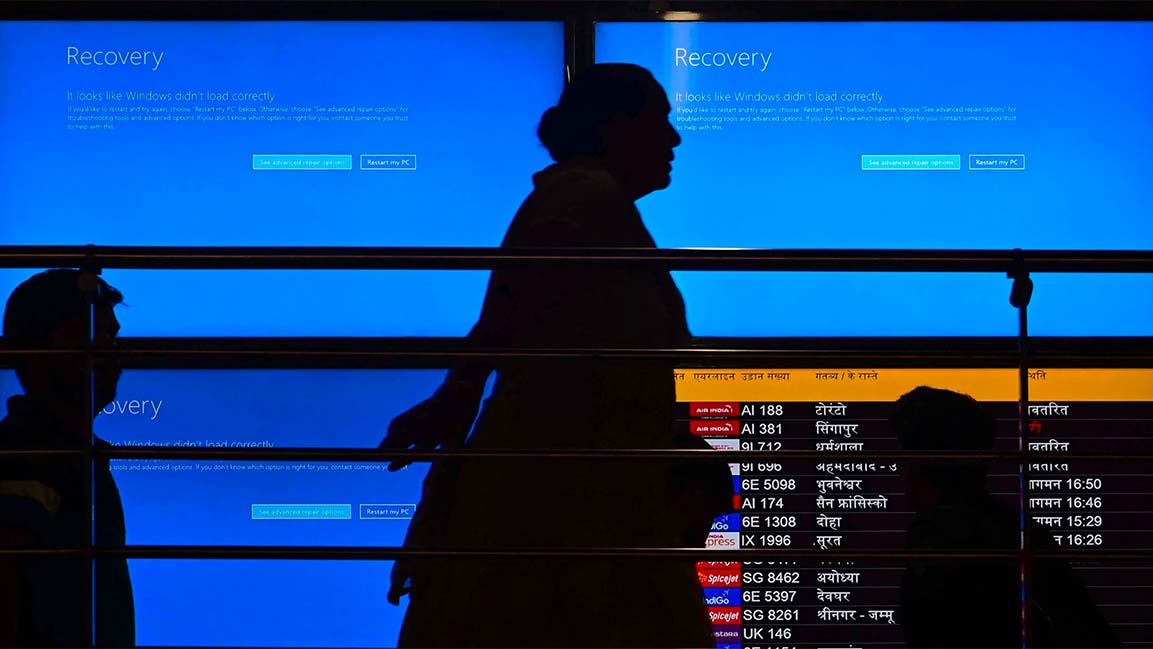- | 10:00 am
How payment innovation is driving the future of commerce in the Middle East
Navigating the complexities of cross-border payments and regulatory environments through partnerships and innovative strategies

Innovation is revolutionizing the world, especially in the payment sector, a crucial ecosystem impacting the retail, fintech, and tech industries. Inspired by regional transformations, there is a growing recognition of the need for deeper conversations around this disruptive force.
Fast Company Middle East recently hosted an exclusive roundtable, gathering experts and thought leaders to ignite discussions. This platform served as a platform to share challenges, ideas, and groundbreaking innovations in the realm of payments. During the conversation, participants offered valuable insights and unveiled innovative solutions, fostering a dynamic exchange that will shape the industry’s future.
THE CHALLENGES TODAY
The discussion dove right in, exploring businesses’ difficulties when integrating payment solutions. A key challenge identified was handling high-volume, high-value transactions, which are common in prop-tech and aviation. The associated percentage fees, often reaching 2.5%, were considered a significant business burden.
The panel also highlighted the cumbersome and time-consuming nature of current payment processes. These often involve bank visits, manual data entry, and waiting for system activations and callbacks. These obstacles slow down transactions and detract from the overall user experience.
The conversation shifted to the complexities of managing fluctuating transaction volumes. Salary payment cycles, for example, caused surges that could strain the payment system. This challenge was further amplified by the recent introduction of wealth management services in markets like Saudi Arabia. Unlike established markets like the U.S., these services create unique scenarios for payment systems to handle.
Limitations imposed by banks and issuers further added to the complexity. These limitations included transaction caps and the need for customers to request higher payment thresholds manually. This process often required customer interaction directly with banks, further hindering user experience. Regulatory hurdles were also mentioned, with businesses navigating intricate rules regarding transaction fees and cost structures.
WHERE’S THE SOLUTION?
Despite these hurdles, the discussion shifted towards solutions businesses are adopting. A key strategy involved offering diverse payment options, including innovative digital methods like Apple Pay. Panelists emphasized the importance of catering to customer preferences for convenience and security, even within the constraints of regulations and high operational costs.
The conversation then delved into the complexities of managing specific account portfolios. Experts discussed handling account transactions where parts of the portfolio are liquidated directly between bank accounts, bypassing payment gateways. This method streamlines the process by facilitating direct wire transfers. However, regulatory hurdles regarding cost allocation remain. The possibility of passing on payment costs to users might ease the burden on companies, but the priority remains – providing the best possible payment solutions for their clients.
INNOVATING AT WORK
Beyond the discussion on core payment challenges, the roundtable explored innovative solutions. One promising approach involved bundling products with flexible payment options, like deferred payments, ultimately enhancing customer experience. This could be achieved through various means, not necessarily involving physical products like an MSE.
Another solution focused on user experience is the Nusuk wallet. This digital wallet caters to travelers, especially those from cash-based economies, by allowing pre-charged transactions within a closed-loop system. This provides a familiar experience for users accustomed to handling physical money.
The conversation then shifted to the complexities of B2B payments in international markets, particularly in regions like Egypt and Iran. Currency fluctuations, limited withdrawal amounts, and sanctions create significant hurdles for financial transactions. The panel discussed creative solutions, including utilizing intermediary financial hubs like Dubai and Istanbul, to navigate these challenges.
The roundtable emphasized the importance of continuous product innovation. As customer preferences and demographics evolve, businesses must adapt their payment solutions to stay relevant. By prioritizing a secure payment experience, businesses can retain customers and attract new ones in the dynamic payments industry.
The participants were:
1. Faisal Alqarni – Co-Founder, Chief Strategy Officer, Malaa Technologies
2. Mohamed Qasem, Financial Advisor, Abdal
3. Khalid Khan, Director, GCC Markets, Director, Saudi Tourism Authority
4. Ali Jawish, Senior Developer, BIM Ventures
5. Khaled Mostafa, Director, Almatar
6. Aidah Al Naeim, Project Manager AI & Digital Transformation, Almatar
7. Salman Alzeer, Manager of Strategic Partnerships, National Transformation Program
8. Alfhadah Albaiz, Executive Director Digital, Tawuniya
9. Mohammed Albahiti, Senior Venture Analyst, BIM Ventures








































